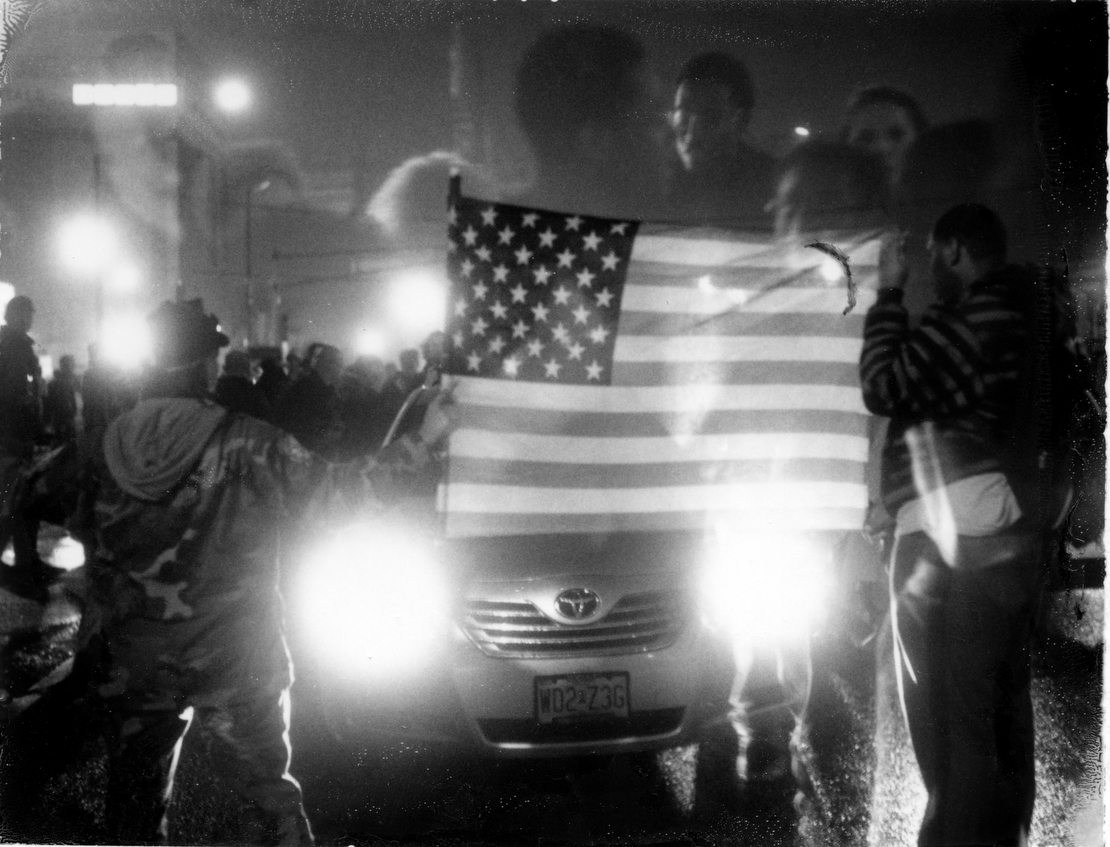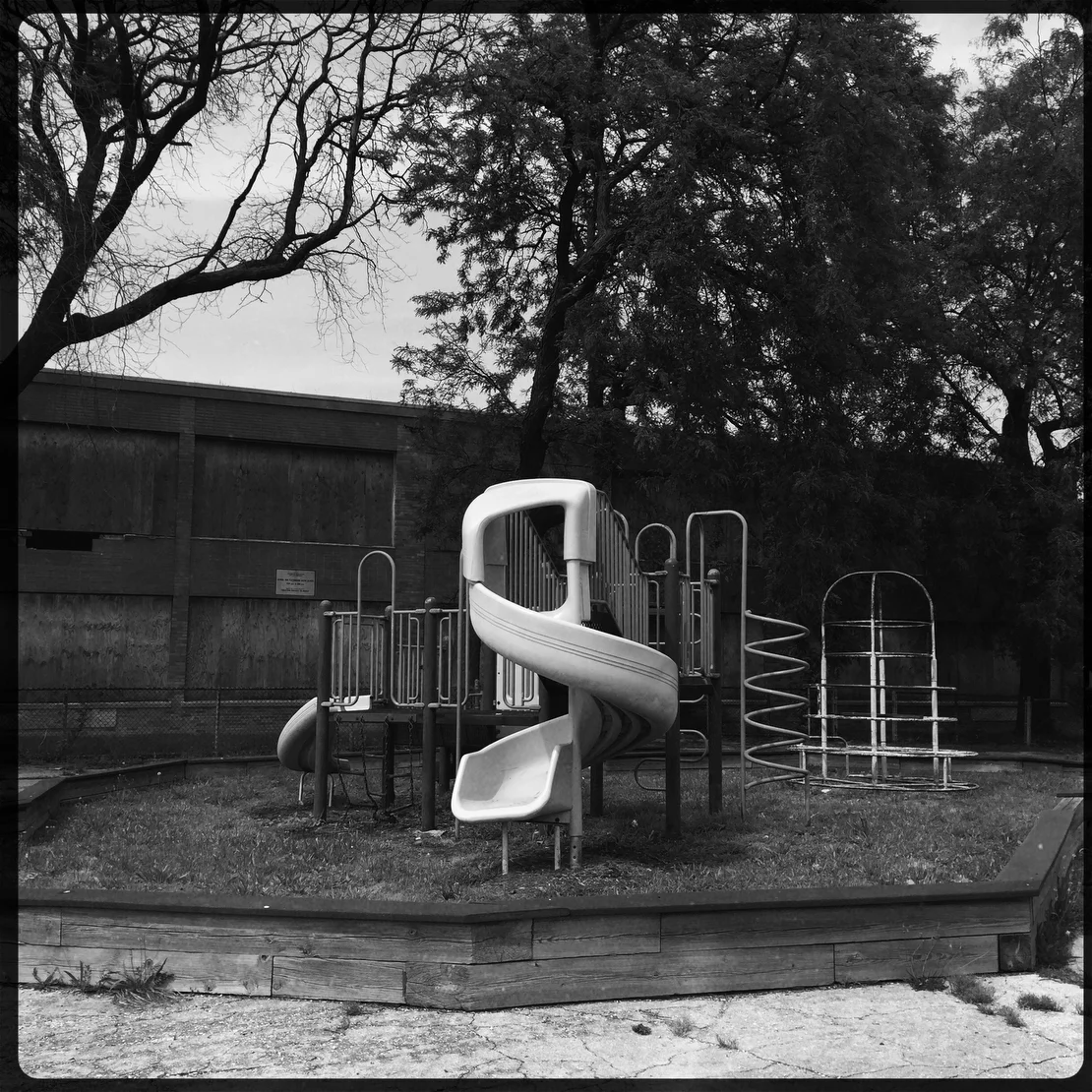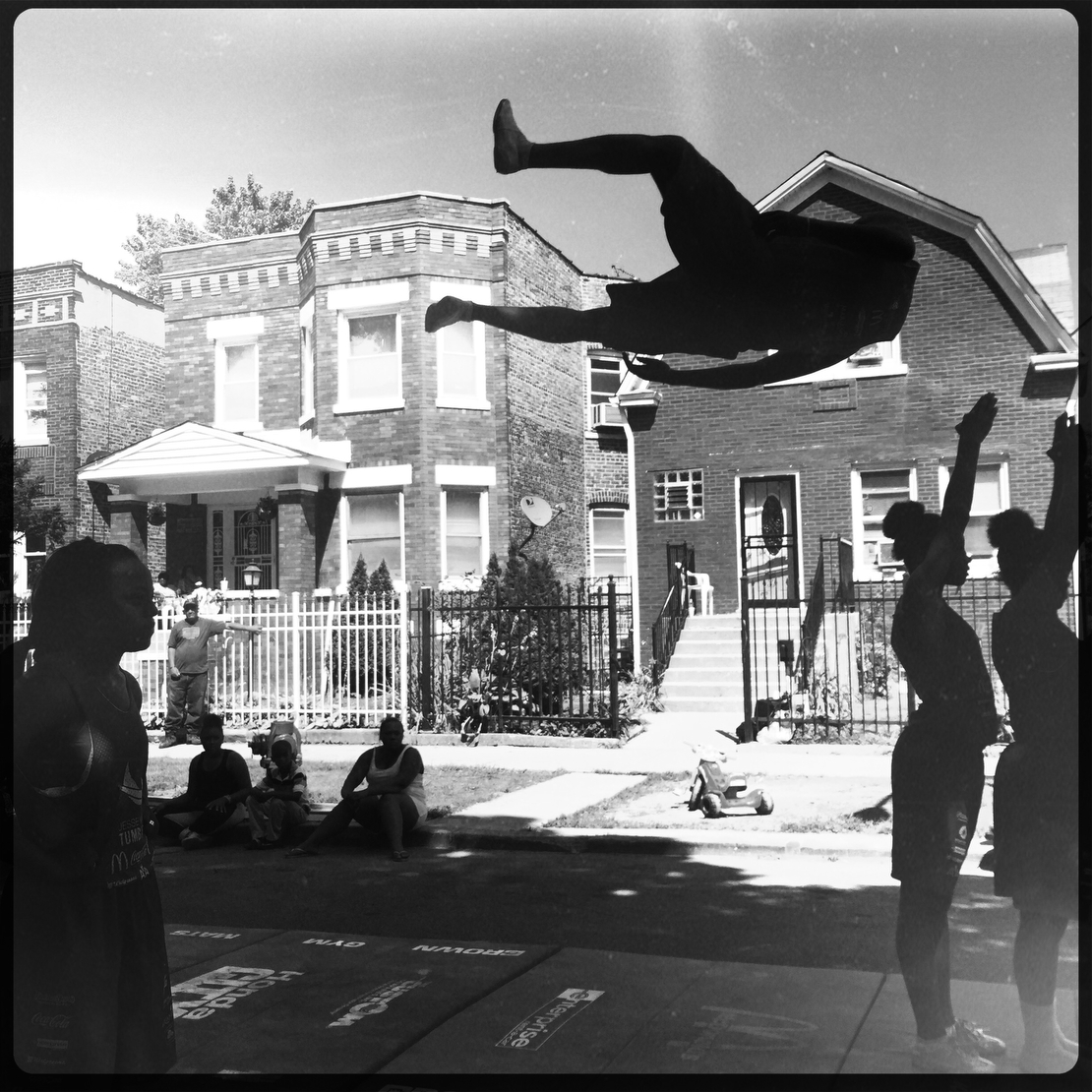A Thousand Midnights
2015 marks the centennial of the beginning of the Great Migration in which six million African Americans relocated from the rural South to the cities of the North, Midwest and West from 1915 to 1970. In many ways, the epic internal migration created what we now consider the modern American city, particularly Chicago.
For Blacks fleeing the south during the Great Migration, economic and racial exploitation were inextricably linked. Black Americans in search of some semblance of freedom from racial terror also longed for the opportunity to provide for their families outside the racial plunder of the Southern plantation system. In this manner, the purported racial openness of the north was believed to translate into more economic opportunity for Black migrants, their families, and future generations. However, as is the case with much of the American story, this dream remains just out of reach for many. This experimental documentary chronicles the contemporary manifestation of the economic and social histories of Black Americans who came to the north during the Great Migration in search of economic opportunities. The implications of their migration, and the lack of economic opportunity they encountered, has far reaching consequences for Black America today.
From The Director
In A Thousand Midnights, I explore the contemporary Black experience through my mother-in-law’s story. Like thousands of other Black people, Bette Parks Sacks came to Chicago in the 1950s and lived on the city’s Southside. At the time, the city teemed with new arrivals from Mississippi and other southern states. My mother-in-law’s aunt, Mae Garrett , had gone north in the first wave of the Great Migration. She opened a boarding house and saved enough money to buy the building within four years. Her success eventually paved the way for other family members to join her up North, her niece Bette was among them.
Learning about my mother-in-law’s story, and its connection to the roughly 6 million other people who went on a similar journey, piqued my interest in exploring the connections between the past and present. I had already spent a decade following families on the Southside as they buried their children, victims of Chicago’s infamous gun violence epidemic. I began to see that the Black experience of the past and present seem to intermingle and collide. Rolling through the city, I saw remnants of formerly glorious jazz and blues venues that now lie fallow, replaced by churches and apartment buildings. I wanted to capture the landscape, artifacts, and memories of the people that made Chicago what it is today.
I began collecting portraits of family members, some who have died serving their country and others who are still with us. I stumbled upon family photos including one of the family’s patriarchs, J. B. Parks, standing next to his three sons adjacent to the Mississippi field where my mother-in-law once picked cotton. The boys’ gazes convey the stoicism demanded of the time when they walked more than a mile a day in threadbare shoes to arrive at a blacks-only schoolhouse where students used hand-me-down textbooks that had been discarded by whites. The children in those photos ventured north in search of something better, only to attend segregated public schools in Chicago. Almost sixty years later, I filmed the abandoned schools that were shuttered by Mayor Rahm Emanuel in the largest school closing in modern American history.
A Thousand Midnights is my effort to present an individual family history in the hopes that it might speak to the stories of millions of others. I believe there is a fundamental tension at the center of the Great Migration’s hundred-year legacy—the tension between an older generation’s hope for a better life and the harsher realities of living in the northern Black metropolis today.
AWARDS / NOMINATIONS
Official Selection: AFI FEST 2016, Live Action Short Special Mention for Cinematography
COLLECTIONS
The Museum of Contemporary Photography
CAST AND CREW
Director Carlos Javier Ortiz
Written Carlos Javier Ortiz and Tina K. Sacks
Edited by Carlos Javier Ortiz
Music Chris Zabriskie and Tynus
Producer Carlos Javier Ortiz
Executive Producer Tina K. Sacks
Cinematography Carlos Javier Ortiz
Audio Carlos Javier Ortiz and Elyse Blennerhassett






























